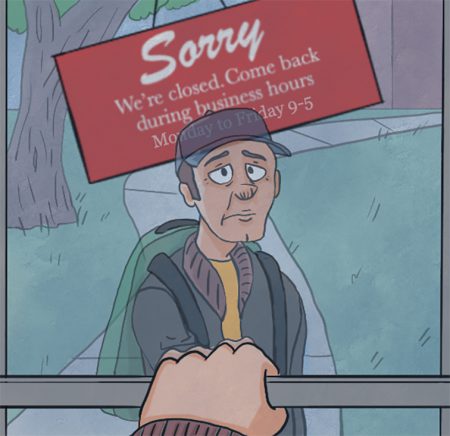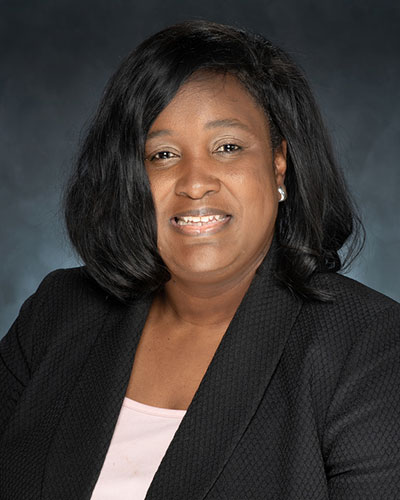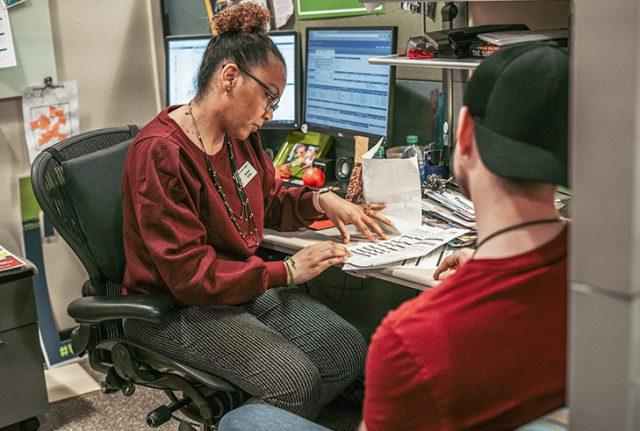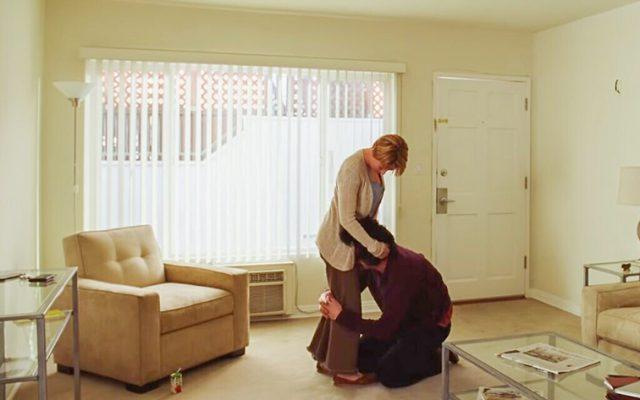| January 22, 2020 | Dang Le | managing editor |
|---|

Despite being charged the same tuition rates, students who are enrolling in non-traditional class hours are receiving a different treatment at TCC.
When applying for classes, students would see options to sign up for classes that fit their schedule, no matter what day of the week or time of day.
It’s convenient because the student body at TCC is very diverse, ranging from teenagers, adults or even older generations.
These students may be high school graduates, grandparents or people who have a full-time job. This flexible class offering allows everybody to maximize their educational potential.
However, when students sign up for late-night or weekend classes, the school does not offer the same necessary services compared to students enrolling in the daytime class schedule.
While some late classes may end at 10:30 p.m., most campus resources close much earlier.
Across all campuses, the bookstores and financial aid offices close at 7 p.m. from Monday to Thursday, 5 p.m. on Friday and remain closed through the weekend. The counseling and advising centers also have the same working hours on weekdays and open 9 a.m.-1 p.m. on Saturday.
In this case, students who come to class on Sunday will not receive most services provided for the others. Also, when classes begin at 6:30 a.m., students may not receive the services from cafeterias or bookstores.
While there are some study labs and libraries open late, they are only open until 10 p.m. while students and professors may have to stay longer.
It’s difficult to maintain a staff during night hours, but the college should guarantee access to services when they decide to offer non-tranditional class hours. As all TCC students register for the same college, they should receive consistent services regardless of their class time.
Some have work, some get caught up with their family issues and these may be their only available hours for classes.
After all, nobody wants to go to class at 8 p.m. or 11 a.m. on any given weekend. It’s difficult to stay engaged during lecture after a long day, or even a long week of work. For these students to be determined enough to sign up for classes that end late at night or take place on weekends, the college should be supportive enough to offer more resources to these students instead of excluding them.
Also, students may find it challenging to come to the police departments across all campuses due to them being closed during late hours.
While students can still contact their hotline or press the help button at spots around the campus, it is still troubling that they can’t go straight to the police department office.
In case of an emergency, they have to either call the hotline or find an emergency button or find police officers patrolling campus. This situation may worry a lot of students who aren’t able to defend themselves under the circumstances.
On NE Campus, where there are assigned parking spots for faculty members, students may even have to park further from their classrooms despite their classes being held at late hours even though no faculty member parks there at times.
If the faculty members mostly leave by 5 p.m. or do not come to work on the weekends, students should be allowed to park in those nearby spots to accommodate their safety.
This is a simple, cost-effective solution that the college could implement immediately to help students feel more secure when walking to their car late at night.
When these daytime and nighttime students come to the same college, they should receive the same treatment no matter what time their classes are. If the school can’t commit to providing these resources, perhaps they should reconsider because the students are not receiving the service they desrve from the tuition they’re paying.
































